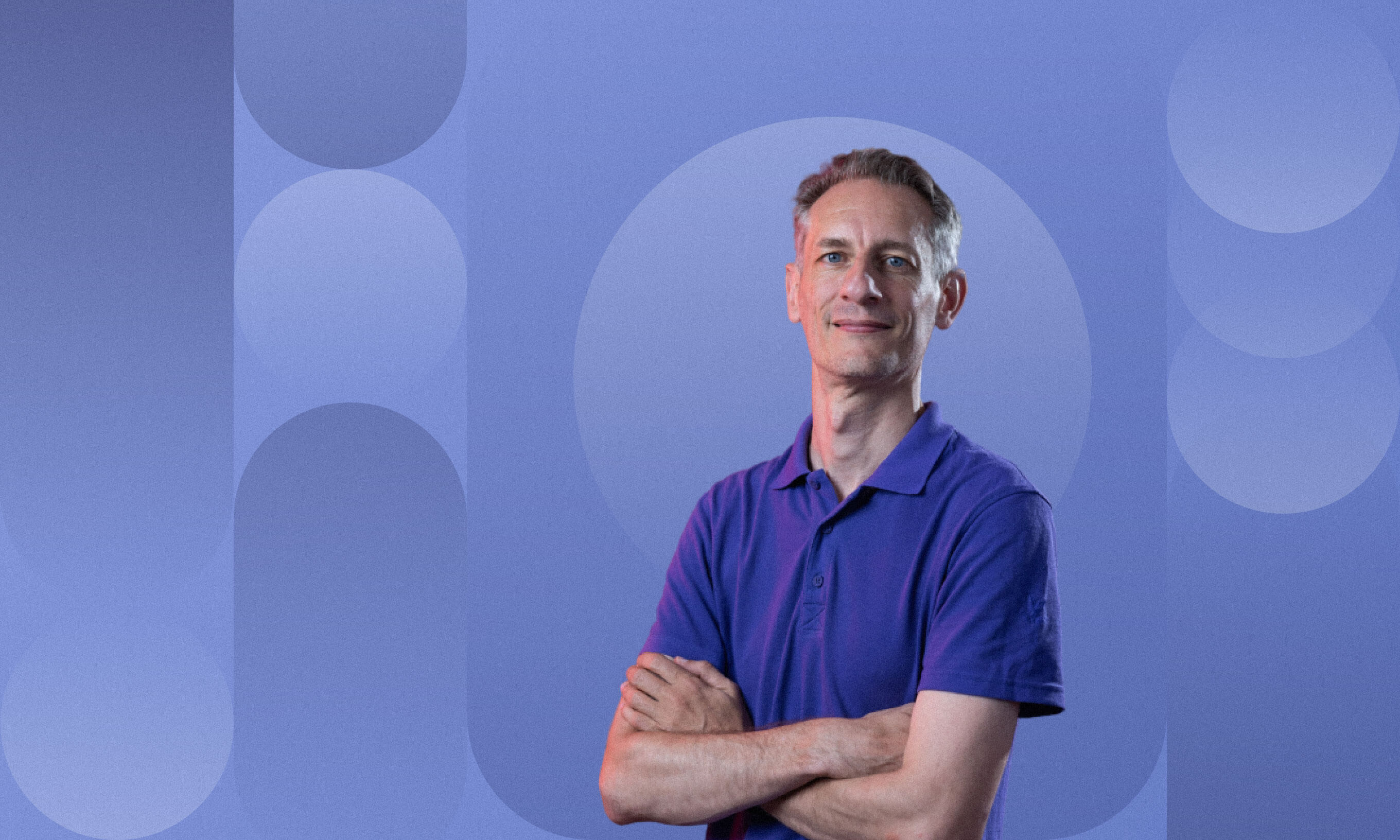At Infinum, we are builders and creators. Passionate about making things people will not only use but love, we wanted to refine and strengthen our design culture even further. What better way to do that than by introducing a new Head of Design – a true expert in user experience design with a diploma in English literature and theatre.
Will Thomas possesses a comprehensive UX skillset and a unique perspective on how people engage with digital environments, as well as 18 years of UX experience in different work environments, user bases, and industries.
Extensive experience boosted by Nielsen Norman certification
Will has held several senior UX roles at various companies. Other than learning from his extensive experience, he obtained formal education in UX from the most respected organization in the industry, the Nielsen Norman group. Will received their certificate in user experience through six intensive courses focused on leadership and strategy.
For reference, user experience as a practice has probably existed since the 1950s but only became a formal profession in the mid-1990s. Basically, Will was working in UX while the field was still learning to walk. He knows it inside out and thoroughly understands the philosophy behind it.
“In design, I’m less focused on the screens and more on the experience – what do I want this person to feel? It can be simply engagement, but there are a lot of underlying pieces below that – comfort, understanding, and enabling people to complete the thing they set out to do on your app or website,” Will explains.
From Shakespeare to Edward Jones
Will’s focus on emotions and understanding people are actually born out of his love of theatre. He says that oddly enough, his education which seemingly has no connections with user experience influenced the course of his career.
He got his BA in English Literature from Swansea University and an MA in Directing and Acting from the Royal Central School of Speech and Drama. Finishing his studies, Will was applying for theatre director roles without success, so he ended up with a job that pays the bills at a local insurance company. He worked on their internal website, basically an intranet. Around that time, he became interested in the works of Jakob Nielsen, one of the founding fathers of modern UX design.
“It started to make a lot of sense given what I was doing, producing materials to be consumed by users across the company in digital format. I wanted to understand what these people need and then design from their perspective, and then I realized that this was a thing. It wasn’t even called UX design back then,” says Will.
He soon started to work for an American company in London, Edward Jones Investments. He still claims that the company’s user-centered practices were the most robust and mature he’s experienced in his career. Coming out of Edward Jones after six years, Will was a highly effective UX generalist with skills and abilities to train others.
Focus on users as a guiding principle
Apart from his background in theatre, which gave him the ability to focus on human emotions and the skills to be able to influence them through his own actions, Will claims that his career was largely influenced by his parents.
“My parents are the world’s greatest technophobes. For 40 years, I’ve been doing things for them in terms of technology, and they are so grateful because they think I’ve done magnificent things. However, the way technology is set up doesn’t reflect their mental models influenced by how they grew up and what they were surrounded by,” Will reflects.
As digital designers, I think we have the duty to make things simple, straightforward, and less stress-inducing for people.
For example, take the modern remote. It has arrows and OK buttons to go through menus, but there are people who grew up with basic TV remotes or none at all. We make the assumption that using the remote is straightforward, while for these people, it’s hideously complex.
A vision shaped through research
We’ve always taken pride in our user-centric design, but so do most digital agencies. Having Will Thomas on board with his extensive experience and meticulous dedication to understanding human needs will take user-centric above and beyond the usual buzzword.
He says that he’s only starting to form a vision for Infinum’s design team in what he sees as a collaborative process. Will has had many conversations with people at Infinum, and they’re already changing and rebalancing his perception of what would be the most advantageous way to go.
I don’t have a fixed mindset for my team and say “This is the direction we’re taking, follow me!” It’s important to have a vision, but it’s also important to continually question everything and as things change, to have the flexibility and to a certain extent, humility, to change direction.
“I would like to see Infinum as a household name in the industry. I want us to be able to say “this is what we believe in” and then engage with clients who think in a similar way or find our message compelling enough to consider. It’s that alignment between us that will ultimately result in value products for the client, products that users find effective, efficient, error-tolerant, and engaging – products that simply work,” Will concludes.
Welcome on board, Will Thomas!







